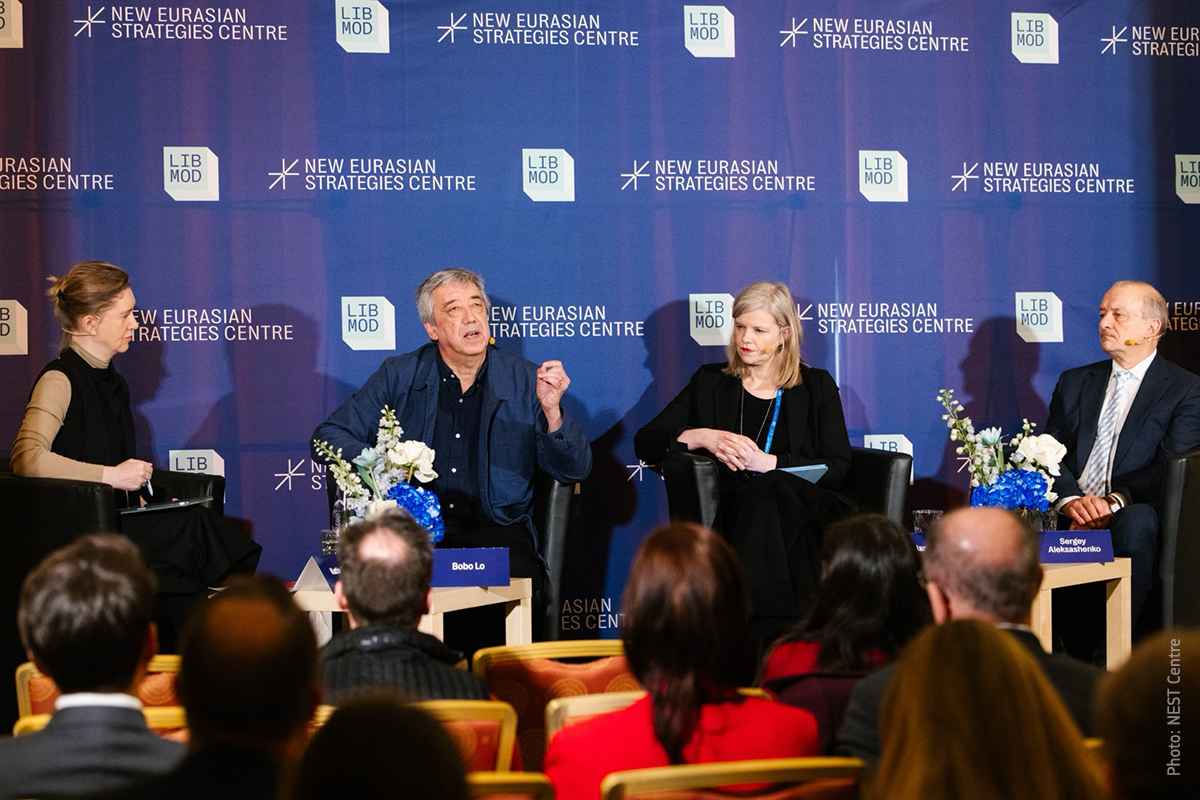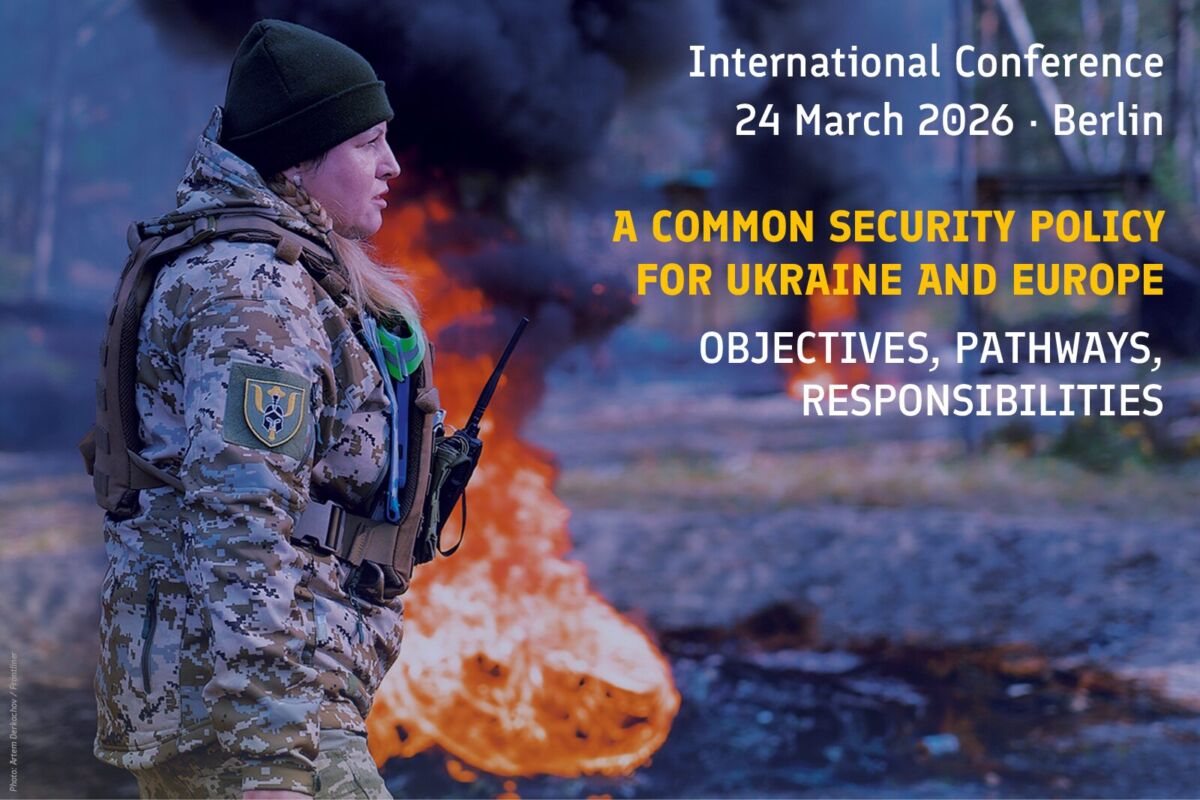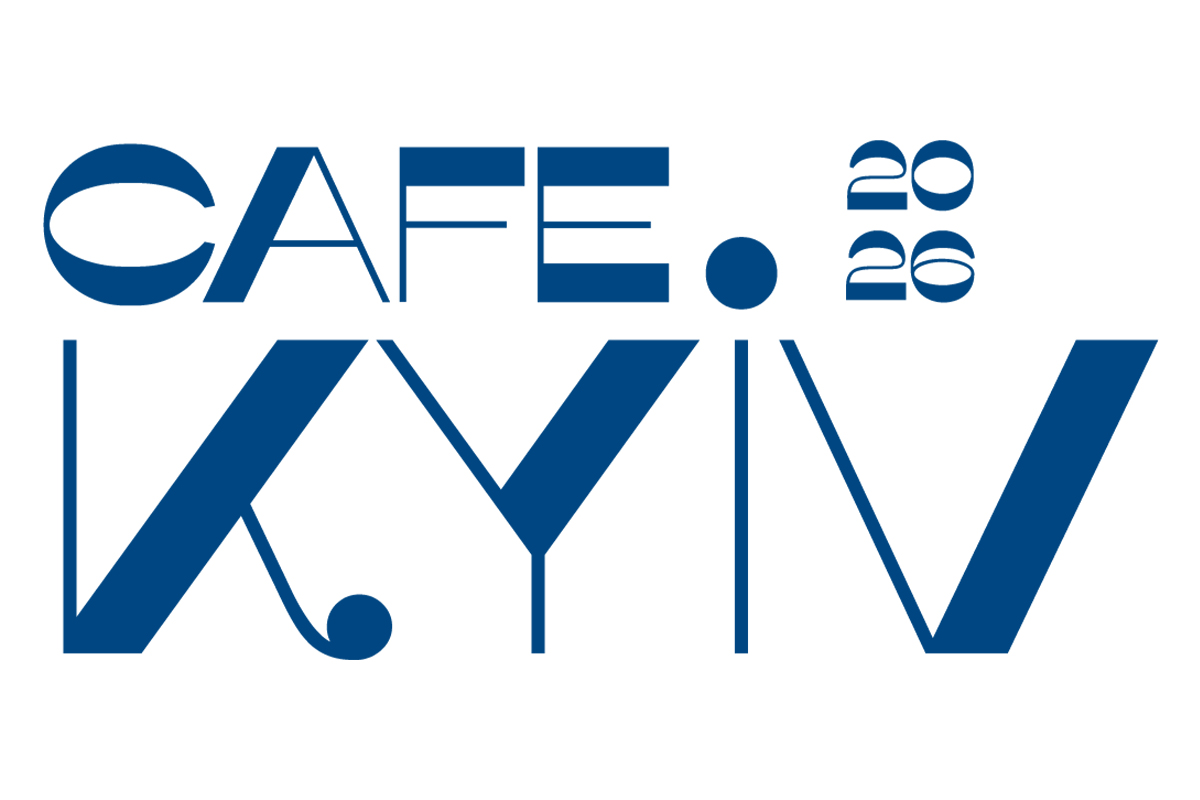My vision: How to Salvage the Palestinians and the Israelis

Samer Abdelrazzak Sinijlawi grew up during the first intifada. He was imprisoned as a teenager. It was in prison that he got to know the other, the Israeli view of the conflict. Despite the current political situation, he believes in a peaceful solution between Israelis and Palestinians — with the help of a dialog based on trust and mutual empathy. The West can also contribute, he says.
The conflict between Israelis and Palestinians is often assumed to be impossible to solve, a matter of two national movements with irreconcilable aspirations for one tiny piece of land. It has felt like this for nearly a century, and perhaps never more so than during the past year of anger and grief.
Childhood in Jerusalem
But as a Palestinian who was born in Jerusalem’s Old City, who has lived through the occupation, who sat in an Israeli prison for five years, I see a way out. Even today, with the pain so fresh, I believe it’s possible for Palestinians to get our state, and for the two peoples to coexist. But to arrive there, both sides will need to radically change their thinking – and their leadership.
The future I imagine is in some ways rooted in a past I remember from my childhood in the early ’80s. In the busy streets of the Old City, you knew which community you belonged to, but everyone shared the space. As a boy, before I had any understanding of who was above whom, I knew only that everyone was bustling at the end of the week, with Jews going to synagogue, Christians heading to church, and Muslims following the sound of the muezzin to prayer. My family is Muslim, but I attended a Christian school. I never questioned how natural this layered reality was.
Important lessons in prison
But then, in 1987, the First Intifada began. I was 14. All at once, I felt pulled into the conflict, drawn to what I heard on the streets and saw on television, which was a more straightforward story than what I’d known in Jerusalem – the struggle of my people, armed with stones, standing up to tanks. I wanted to throw stones as well, to feel a part of it. And so I did. And like many of my teenage friends, I was eventually arrested and sentenced by a military judge to five years’ imprisonment.
This was the most painful moment of my life. My childhood was over. I wasn’t able to finish high school. But my experience in prison changed me in unexpected ways. It gave me a different kind of education. I was elected as a spokesperson to negotiate with the prison authorities, whether for better food or special permits for family visits. And my understanding of my enemy grew.
Fears on both sides
Out in the street, we wore keffiyehs over our faces, and they saw us only through the scope of a rifle. But now I got to know some Israelis. I could see their eyes, and they could see mine. I learned Hebrew. I learned their names. And I saw for the first time that these people, whom I had feared as my oppressors, had their own fears. They were scared of us, the Palestinians, of the violence we might cause them, of the violence we were causing them. It’s hard for my own people, oppressed as we feel by Israeli power, to appreciate this, but the fears of Israelis are real, not exaggerated or invented. The images of October 7 are seared into their minds. Especially since the massacre, they desire the sort of security that any of us would want, and they will never bargain away the safety of their families. They are not a suicidal people.
I also learned how to negotiate with Israelis. Maybe because of their own history of survival, they can be stubborn. You cannot expect to get anything through pressure tactics. Believe me, Palestinians have tried: The strategy for decades has been to use violence against Israelis while beseeching the world to force Israel into making concessions. But this hasn’t worked. Trying to get the American president to use carrots and sticks with the Israelis is pointless. We need to deal with them directly. That’s the only way. And just as we have needs—dignity, rights, independence—they have needs as well, and we must find ways to reassure them of their security, to defeat their fears.
Dignity and security
I have often thought of the conflict as having DNA. The need for security is one strand, and the other is a desire for dignity. This did not require any special education for me to learn. It comes with the reality of being a Palestinian. We live in a state of constant humiliation: at each checkpoint, every time we need to cross a border, when settlers in the West Bank attack and kill our people and burn our fields with impunity. Half of our lives seem to be spent waiting in line as an Israeli soldier stands over us with a gun. We lack freedom. We are denied basic human dignity. And this existence, to feel forever trampled on, has been ours now for at least three generations.
This is the DNA, a desire for both safety and self-determination. By acknowledging and attending to these twin desires – rather than parsing right from wrong or replaying history –people of goodwill can solve the conflict. I am part of an initiative – organized by Ehud Olmert, the former Israeli prime minister, and Nasser al‑Kidwa, the former Palestinian foreign-affairs minister – to do just that. We envision a cease-fire in Gaza and a return of the hostages held by Hamas since October 7, and we have worked out the details of a two-state solution, proposing a plan for drawing borders, determining the status of Jerusalem, and rebuilding Gaza.
A plan and its obstacles
The contours are not hard to imagine, but many obstacles stand in the way. I see four main ones, two within our own societies and two from the outside.
Israeli prime minister Benjamin Netanyahu and his right-wing government aren’t interested in making any concessions to the Palestinians. They hardly see us and are intent on ignoring our demands indefinitely. But I don’t think they represent the majority of Israelis, who dislike Netanyahu and want his rule to end. I believe that those who protest by the tens of thousands every week in Tel Aviv and Jerusalem know that the status quo is not acceptable for either people.
The problem of political leadership in Israel
This is the first obstacle: Netanyahu and his reactionary, racist allies. Israelis must find a way to vote him and the extremists out. Nothing will change until Israeli leaders see the benefit of creating a Palestinian state, and do not act with such indifference to our lives and needs. But the second obstacle I see is closer to home for me, and just as crucial: the corrupt and ineffective leadership of Mahmoud Abbas, the president of the Palestinian Authority.
… and on the Palestinian side
I first met Abbas as part of a Fatah youth delegation soon after the First Intifada ended. After being released from prison, in 1993, I became involved with the party, the largest faction in Palestinian politics at the time. My fellow delegates and I were in our 20s; Abbas was then in his 50s and Fatah’s second-in-command. “You are tomorrow’s leaders,” he told us. Today, Abbas is nearly 90, and we are in our 50s. Over the years, he has worked to ensure that the tomorrow he promised never arrived. He was elected president in 2005 to serve for four years. He has served for almost 20, without a single re-election. Over that period, he has compromised our democracy, our security, our economy, and our dignity.
Abbas lost the 2006 legislative elections to Hamas, and then lost Gaza to Hamas control the following year. But he could have taken the past two decades to build up the West Bank, creating transparent, accountable institutions that would represent a thriving alternative to Hamas. Because he didn’t, he allowed the extremists to fill the vacuum. As recently as 2021, Abbas cancelled planned elections, this time after Fatah split into three factions. Younger, reformist Fatah leaders were ready to try to create that alternative and might have offered a counterbalance to the extremism that led to October 7. But Abbas stood in their way.
Political change!? A broad coalition
Palestinians want change. Polls show that about 90 percent of the population wants Abbas to resign. But removing him isn’t just important for the West Bank and the possibility of negotiating with the Israelis. It’s also essential to Gaza’s “day after.” As brutal and oppressive as the Hamas regime has been, the people of Gaza don’t want to see Hamas replaced with Abbas.
Instead, Palestinian political leaders should form a unity government that includes nonpartisan national figures; Fatah reformists such as al‑Kidwa, the former security czar Mohammed Dahlan, and, with any luck, the imprisoned Fatah leader Marwan Barghouti; and even members of non-extremist Islamist factions like the Ra’am party, in Israel’s Parliament. This broad coalition would be responsible for reconstructing Gaza and unifying it with the West Bank. It would need the support of Arab countries and the international community – and, of course, recognition by Israel.
All of this is impossible while Netanyahu and Abbas remain in power, which is why they are the biggest internal obstacles. But there are also two external ones.
External obstacles: Iran, Saudi-Arabia and extremist sentiments in the West
The first is obvious: Iran is the mutual enemy of both Israelis and Palestinians who want peace, as well as of all the moderate forces in the Middle East. Iran has propped up Hamas and Hezbollah, whose ideologies and actions will lead to nothing but endless war. The best way to counter Iran is for Israel to build relationships with the Emiratis and the Saudis and a reformed Palestinian Authority. But to do that, Abbas and Netanyahu need to go.
The second external obstacle might seem surprising, but it’s no less important to acknowledge: the extreme sentiments in the West. I think that some of those who call themselves pro-Palestine and rally under the Palestinian flag in the streets with slogans like “from the river to the see Palestine will be free” are doing us real harm—and I would say the same about some of those western governments who rally under the Israeli flag and call themselves pro-Israel and insisting to provide Israel with unconditional support to continue the war in Gaza. These waves of supports have merely hardened the positions of Hamas and Netanyahu. They apply the wrong kind of pressure: against compromise. Against seeing each other and finding ways to move closer. They alienate everyday Israelis and Palestinians. As far as I’m concerned, there is only one idea to rally behind; only one pro-Israel, pro-Palestine slogan: “Stop the war and free the hostages.” Nothing else is helpful.
I know how hard these obstacles will be to overcome; as a Palestinian, I am accustomed to endless heartbreak. It’s far easier to remain self-righteous, to believe that with enough yelling or missiles, things will change for the better. But they won’t, not until the two sides begin to look at each other honestly.
The power of dialogue
I have talked with many Israelis over the years, after I was elected international secretary for Fatah youth, and then as the head of Israeli relations for the party. I have become close friends with many of them, and not just with people on the left and in the center, but with those on the right as well. I’ve learned some lessons from all of this talking.
Primarily, I decided not to hate them. For a simple reason: We have killed them and they have killed us. Hate has never achieved anything for the Palestinians besides more misery. Additionally, I decided never to lecture Israelis on morality, on what to do and what not to do. I chose instead to focus on my side, on the example that I set.
That is why I went to Kfar Aza, one of the kibbutzim attacked on October 7, for a condolence visit early this year. Standing in front of cameras, I condemned the acts of Hamas. I didn’t want history to document that no Palestinian spoke up against this atrocity. In Kfar Aza – a mile away from the city of Beit Hanoun, over the border in Gaza – I could see smoke, and I could hear bombs, and I knew what was happening there, but I had come only to denounce what Hamas had done in the name of Palestinians, in my name. One day, an Israeli will stand in front of us and denounce what has happened in Gaza. I don’t have to lecture them. All I can do is offer my example.
Palestinians should make the first move
I know it’s controversial to say, but this is why I think Palestinians need to make the first move. There is more urgency for us than for the Israelis. They are suffering because of the conflict, but not as much as we are. They can wait another 75 years until it becomes necessary for them to share the land. We cannot wait another 75 hours. They have an air force; we don’t. They have tanks; we don’t. We have spent decade after decade not achieving any progress with them. As a practical person, I’ve concluded that we ought to try something else.
Building mutual trust
Palestinians need to put in place a strategy that prioritizes the security of Israelis – not for the Israelis’ sake, but for our own national interest. We need to make sure that the Palestinian Authority properly criminalizes violence committed by Palestinians – just as Israel must end settler violence in the West Bank and respect that the lives of Palestinians are as sacred as the lives of Israelis. Both sides in this conflict need to gain control over their violent tendencies. And then our message to the Israelis will be: more for more. If we make you feel safer, if we build institutions that clamp down on violence effectively, that build a successful economy for Palestinians, that create stability and transparency, we expect from you more dignity, freedom, and trust.
The two-state solution feels impossible at this moment, so we need to build it step-by-step, offering more for more. Then we’ll be ready for the tough decisions. This needs to start at the top, which is why I care so much about changing the leadership. People need to see how trust can form. If I were the prime minister of the future state of Palestine, I would want the Israeli prime minister to be my best friend. I would have him and his family over for dinner and let them get to know my wife and kids. Mutual trust between the top leaders will help facilitate trust among the people.
Even today, after tens of thousands have been killed in Gaza in the past year, I still maintain that the majority of mainstream Palestinians and mainstream Israelis want to find a way out of this.
Envisioning the future
I recently decided to pursue a master’s degree in conflict resolution at Hebrew University, in Jerusalem. Every Monday, when I show up for class, I get a vivid illustration of what the future could be. When I was younger, Hebrew University seemed off-limits to Palestinians; even just walking by the campus gates felt disloyal. But these days, the student population is nearly 20 percent Arab, and there are many young women wearing hijabs.
When I look at these students, I see that many of them, Israeli and Palestinian alike, wear nearly identical pendants depicting the same territory – between the Jordan River and the Mediterranean Sea – which each side claims in its entirety for their own people. (And I bet both pendants were made in the same factory in China.) But then they go to the same classes and listen to the same professors, and sometimes a professor will assign two Israeli students and two Palestinian students to the same research group, and those students, each with their own necklace, will work together. At this moment, their differences become irrelevant; they are just trying to get their studies done. And I promise you: They do not want to throw each other into the sea.
They wear those pendants because they are confused, because their political leaders have poisoned their minds. These young people, who know how to work so well together, who know how to give and take, already know how to be neighbours. They just need leadership that will reinforce the possibility. This leadership doesn’t exist now, and that is the real enemy for both Israelis and Palestinians.
* The initiative, named after the former Israeli Prime Minister, Ehud Olmert, and the former Foreign Minister of the Palestinian Authority, Nasser al-Kidwa, proposes a joint plan to restore peace in the region, which also provides for the transfer of territories in the West Bank to Israel and vice versa.
The article was first published in “The Atlantic”.
Hat Ihnen unser Beitrag gefallen? Dann spenden Sie doch einfach und bequem über unser Spendentool. Sie unterstützen damit die publizistische Arbeit von LibMod.
Spenden mit Bankeinzug
Spenden mit PayPal
Wir sind als gemeinnützig anerkannt, entsprechend sind Spenden steuerlich absetzbar. Für eine Spendenbescheinigung (nötig bei einem Betrag über 200 EUR), senden Sie Ihre Adressdaten bitte an finanzen@libmod.de
Verwandte Themen
Newsletter bestellen
Mit dem LibMod-Newsletter erhalten Sie regelmäßig Neuigkeiten zu unseren Themen in Ihr Postfach.





